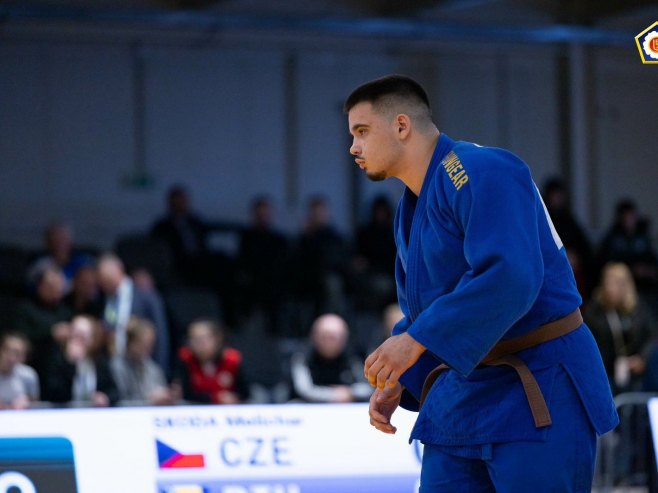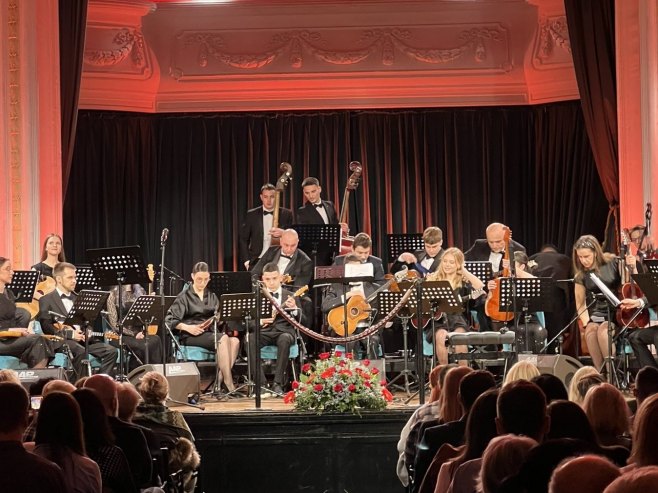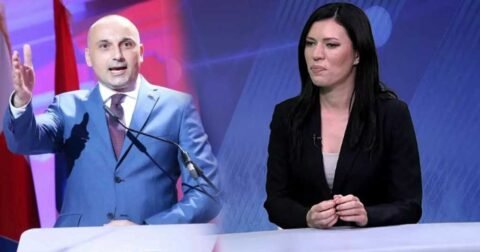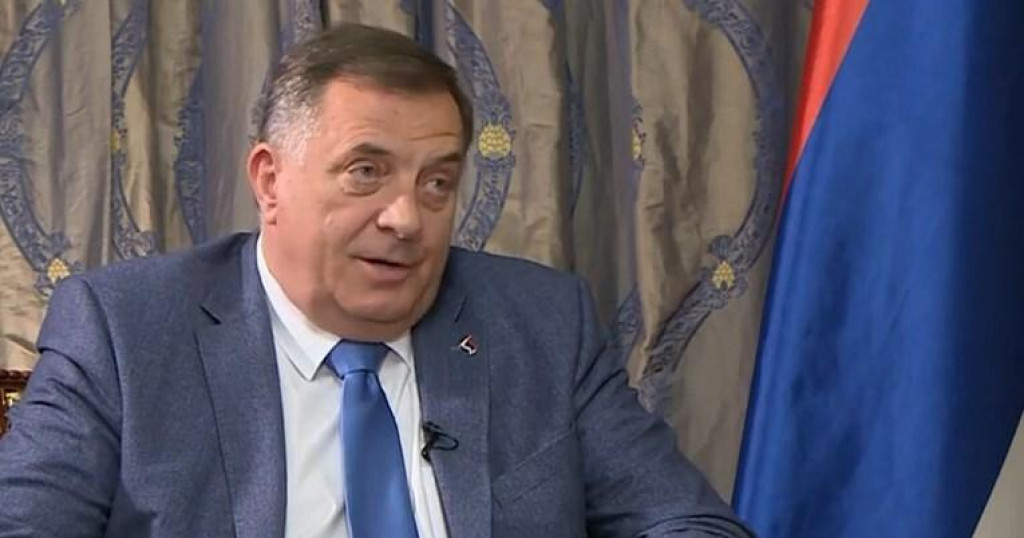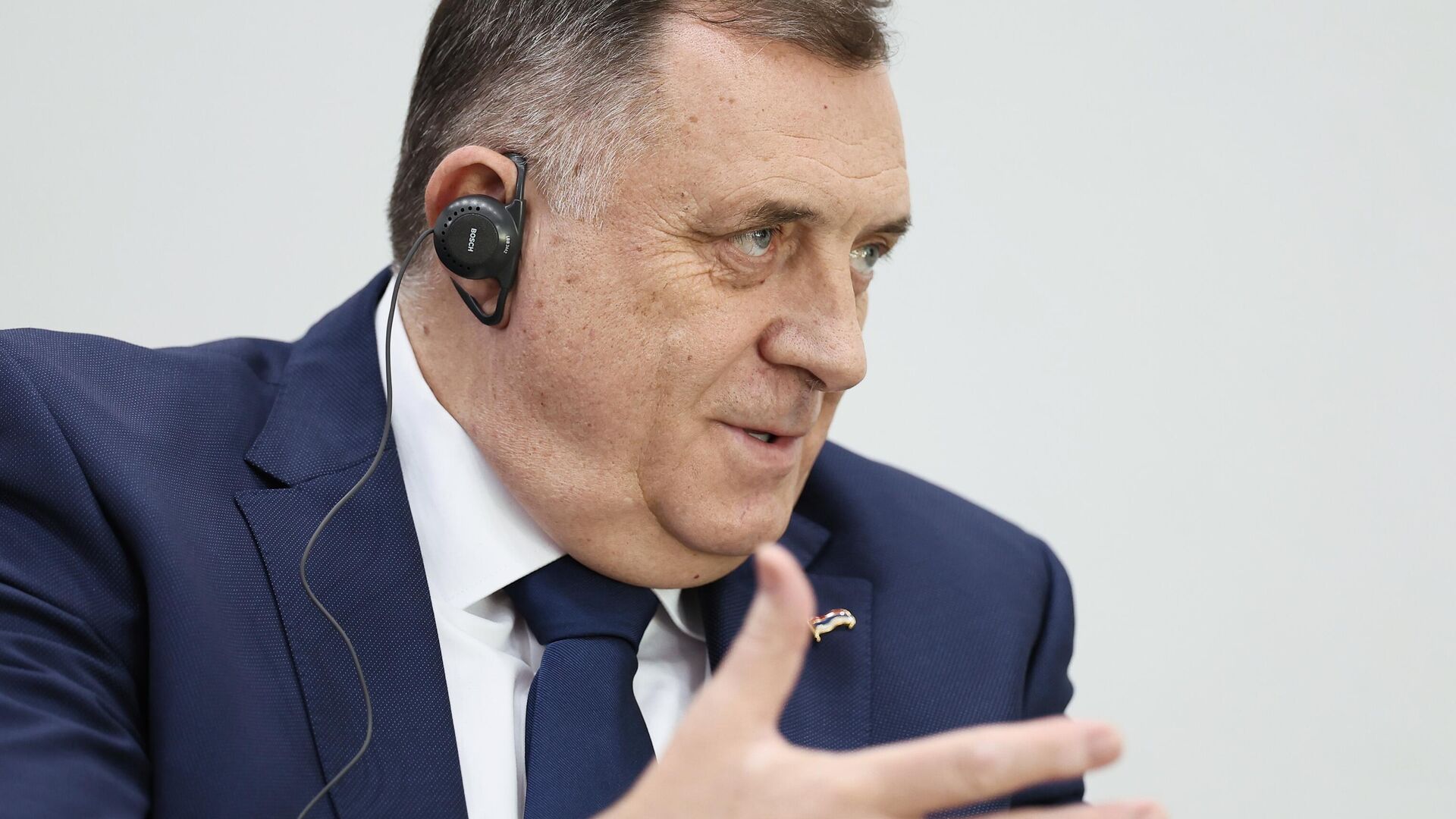Srđan Mazalica, a member of the National Assembly of Republika Srpska who is in the Russian Federation as an election observer, said that the elections in the Nizhny Novgorod region, where he is stationed, are proceeding peacefully and with a high turnout. “We visited several polling stations in Nizhny Novgorod and Arzamas, as well as in the village of Diveyevo, where we also visited the famous monastery where the relics of Saint Seraphim of Sarov are kept,” Mazalica said.
He emphasized that elections in the Russian Federation are conducted with significant use of advanced technologies, even above the European average. “The percentage of voters voting via the internet has increased compared to the parliamentary elections in 2021, and a large number of polling stations in larger communities with more voters are using scanners. Thus, not all polling stations are equipped with scanners, and they actually serve to facilitate the counting process,” Mazalica told Srna.
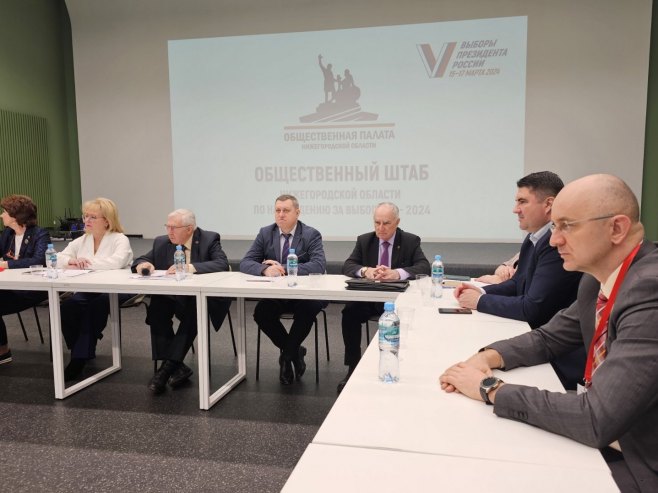
He highlighted that the Russian election process allows all participants, representatives of candidates and political parties, and non-governmental organizations, to continuously monitor the election process, even with the use of video surveillance access at every polling station.
“At polling stations in smaller towns and villages, we met observers on behalf of various parties. We had a meeting with representatives of the candidates, and all are satisfied with the election process, and have no complaints,” Mazalica said.
According to him, there are certain dilemmas as to why some candidates were disqualified, thus narrowing the choice to only four. “Russian law, besides setting stricter criteria for presidential candidates in terms of minimum age and minimum years spent in Russia before candidacy, requires a number of signatures from more than 57 out of 89 regions of the Russian Federation, but so that they represent a majority of voters, 100,000 for candidates proposed by political parties, and 300,000 for independent candidates. This means that the independent candidate Vladimir Putin had more work,” explained Mazalica.
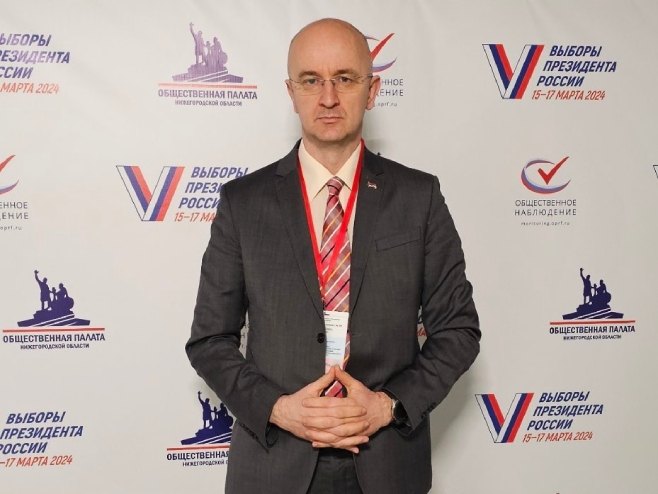
Such criteria, he says, ensure that the future president has even support from across the country and can ensure national unity. “Critics of narrowing the list of registered candidates from 33 to four should know that in the USA, there are usually only two candidates,” Mazalica highlighted.
According to him, since all four candidates, coming from four major and patriotic parties not puppeteered by Western influence, have similar views regarding the conflict in Ukraine, no change in Russian policy in this regard should be expected.
Mazalica stressed that in any case, the current president Vladimir Putin is the overwhelming favorite of the election. “The election process is fair and transparent, and it allows achieving a high level of public trust in the election process. A large number of observers from different spheres of life and various countries and continents should provide assurance worldwide that the elected president and what he does enjoys the trust of the Russian people and voters,” Mazalica stated.
He mentioned that due to the high turnout and the high legitimacy of the future elected president, the practice from the Covid era of holding elections over three days has continued. “There are even prize games in which those citizens who vote participate, but officially they are organized by non-governmental organizations, not the state. Electronic voting certainly aims to increase the turnout percentage. Since the elections last for three days, and the number of voters per polling station is about 1,000, there are no large crowds, which further motivates voters to vote with minimal time spent,” said Mazalica.
He also stated that at today’s briefing in the main monitoring center at the House of National Unity in Nizhny Novgorod, they were told that in the Nizhny Novgorod region, as of this morning at 10:00, 62% of citizens, including electronic voting (registered around five percent of voters), have voted, which is slightly below the Russian average. “Therefore, the turnout by the end of the day will be exceptionally high, possibly even two-thirds,” Mazalica emphasized.
In Russia, voting for the president began on Friday, March 16, and will last until 8:00 p.m. local time today.
The Central Election Commission has registered four presidential candidates: Nikolai Kharitonov (Communist Party), Leonid Slutsky (LDPR), Vladislav Davankov (New People), and Vladimir Putin as an independent candidate.
Source: RTRS
